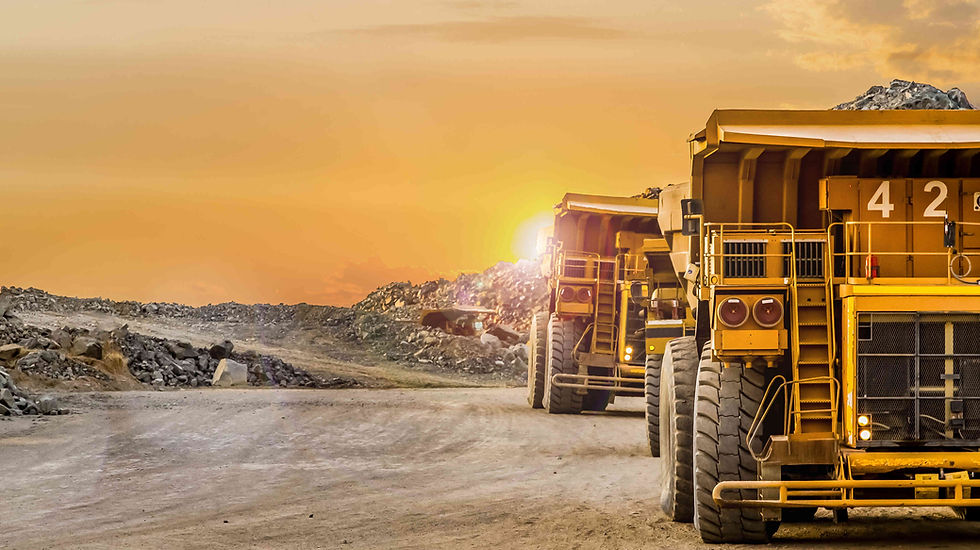CoolCharge - Renewable fuel powering a sustainable future for Diesel engines
Efficiently Reducing Diesel Engine Emissions
CoolCharge has developed a revolutionary new fuel emulsion which uses our retrofit RTEC-CI® engine management technology to maximise existing Diesel engine efficiency.
-
Reduces operating costs and allowing for fuel switching to our renewable secondary fuel.
-
Generates Carbon Credit Units for operators, while reducing reliance on fossil fuels.
-
Helping operators of non-road Diesel engines to affordably reach their CO2 emission reductions targets.

Efficiently Reducing Diesel Emissions
The Need for Action
Diesel engines power the mining, agriculture and forestry, transportation and remote energy generation sectors. They are known for their reliability and long life spans and will continue to play a major role in these industries for many decades to come.
As well as carbon emissions, Diesel engines produce exhaust gasses containing Oxides of nitrogen (NOX) and particulate matter (PM). These are considered to be the most harmful emissions with respect to human health and the environment.
Until now, high capital expenditure costs for owner/operators to upgrade existing equipment or shifting to electrification has held back many companies from meeting their carbon emission reduction goals.
The CoolCharge Solution
The use of CoolCharge secondary fuel and management technology, retrofitted to existing Diesel engines, allows for rapid uptake. It provides a cost effective way of reducing emissions in a short space of time while responsibly extending the life of your existing fleet.
A cleaner environment for all Australians
The use of CoolCharge provides previously unseen reductions of the most detrimental Diesel exhaust pollutants, including NOX and Diesel particulates providing significant benefits for human health.
Improved engine operating performance
Cooler engine operation allows for more reliable and consistent work output from each machine.
Using CoolCharge reduces engine and exhaust gas temperatures, which is beneficial for machines working hard or operating in warm climates, and particularly useful for those fitted with noise attenuation equipment which often limits cooling ability.

A cleaner environment for all Australians

.jpg)
Reliable and consistent machine work output